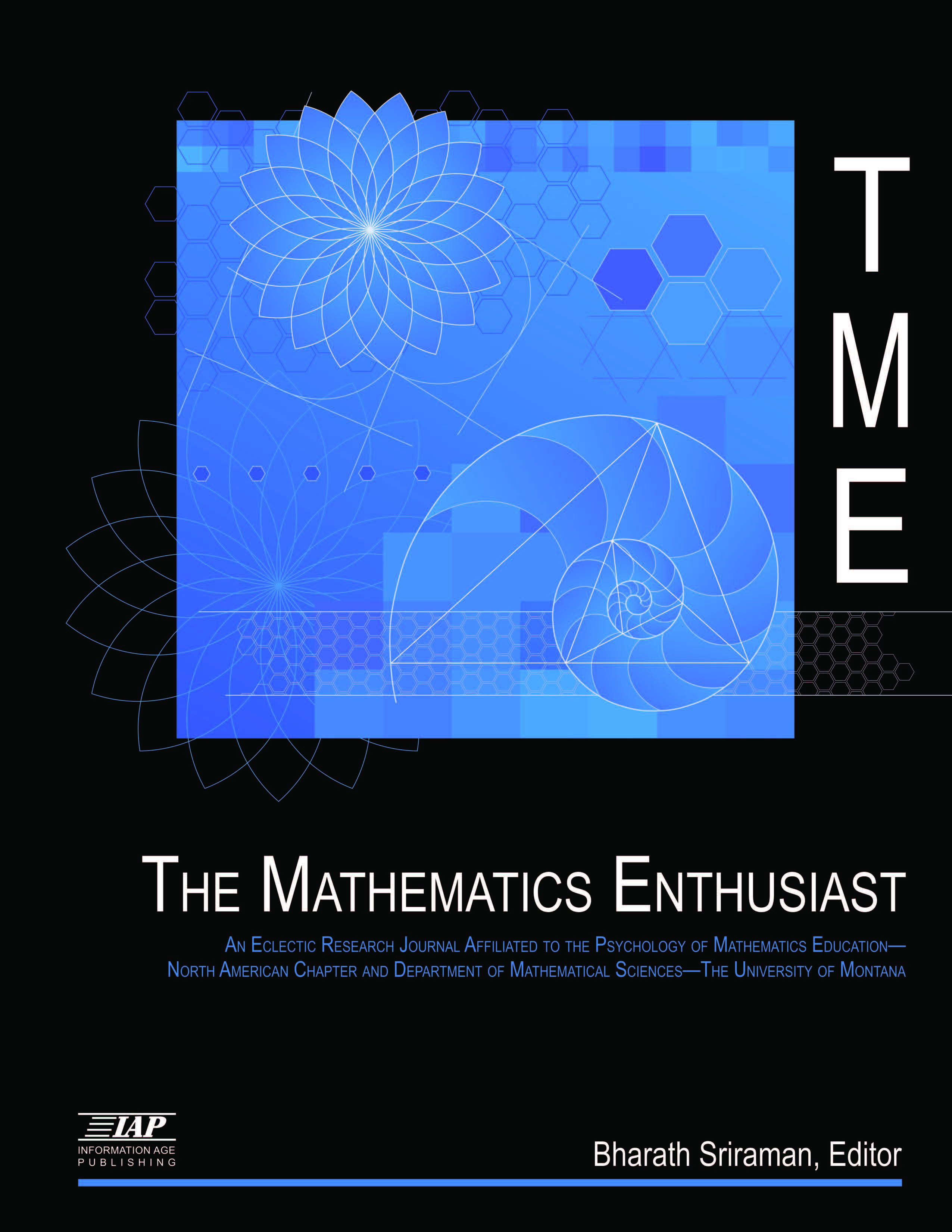
Volume
11
Issue
3
Abstract
As educational systems around the world attempt to reform their mathematics programs to increase students’ opportunities to engage in processes central to the practice of mathematics such as proof, it is important to understand how this mathematical act is portrayed in national curriculum documents that drive that change. This study examined the presence of reasoning-and-proving (RP) in Ireland’s national reform-oriented secondary syllabi for junior cycle (ages 12-15) and senior cycle (ages 15-18) students. The analyses reveal that there were no differences among direct and indirect RP learning outcomes within each syllabus, but statistically significant differences did exist across syllabi in these categories. Students were provided with statistically different opportunities to engage in pattern identification, conjecture formulation, and argument construction in both syllabi. There were significantly fewer opportunities to engage in conjecture formulation for junior cycle students and significantly more opportunities to construct arguments for senior cycle students. There were no instances of proof as falsification across both syllabi, but students were given similar opportunities to experience proof as explanation, verification, and generation of new knowledge. Across both syllabi there were statistically significantly more RP learning outcomes that were divorced from content than those that were connected to content. The results as well as the implications of these results for the design of national curriculum documents are discussed.
First Page
665
Last Page
706
Recommended Citation
Davis, Jon
(2014)
"Reasoning-and-Proving Within Ireland’s Reform-Oriented National Syllabi,"
The Mathematics Enthusiast: Vol. 11
:
No.
3
, Article 12.
DOI: https://doi.org/10.54870/1551-3440.1321
Available at:
https://scholarworks.umt.edu/tme/vol11/iss3/12
Digital Object Identifier (DOI)
10.54870/1551-3440.1321

